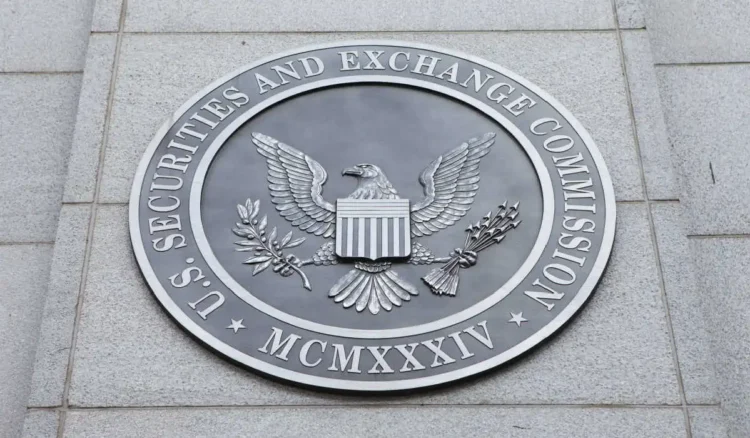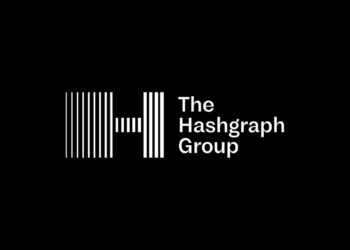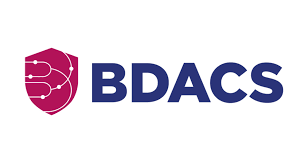The U.S. Securities and Exchange Commission (SEC) has clarified that protocol staking activities on proof-of-stake (PoS) blockchains typically do not fall under the jurisdiction of securities laws.
This guidance, issued by the SEC’s Division of Corporation Finance on May 29, aims to clarify the regulatory status of the crypto industry regarding staking.

According to the staff statement, “Protocol Staking Activities”—where users lock up cryptocurrency to support network operations and earn rewards—do not require registration under the Securities Act. The SEC explained that staking rewards are considered compensation for node operators who provide a service rather than profits generated from the efforts of others. This distinction means that such activities do not meet the criteria of an “investment contract” under the Howey test, a legal standard used to determine what constitutes a security.
The guidance clarifies that custodial staking, where a third party manages staking on behalf of users, is not considered a securities offering. Custodians do not control staking decisions or reward distribution and are merely agents of the system. Ancillary staking services, such as slashing, early unbonding, and varying reward schedules, are deemed administrative and are not subject to securities regulation. However, the statement does not address other types of staking, such as liquid staking or restaking, and has no legal force or effect.
SEC Commissioner Hester Peirce, a known advocate for crypto innovation, welcomed the guidance, saying it provides much-needed clarity for both stakers and staking service providers. She highlighted that previous regulatory uncertainty discouraged participation in the network consensus, undermining the decentralization and neutrality of PoS blockchains.
Commissioner Caroline Crenshaw criticized the SEC’s guidance on staking services, stating it overlooks existing securities laws and lacks a framework for defining investment contracts. The clarification follows demands from the crypto industry for regulatory guidance as staking becomes integral to blockchain networks. Although the statement is not legally binding, it indicates a more nuanced regulatory approach to crypto staking in the U.S.
If you want to read more news articles like this, visit DeFi Planet and follow us on Twitter, LinkedIn, Facebook, Instagram, and CoinMarketCap Community.
“Take control of your crypto portfolio with MARKETS PRO, DeFi Planet’s suite of analytics tools.”





















